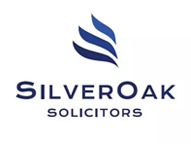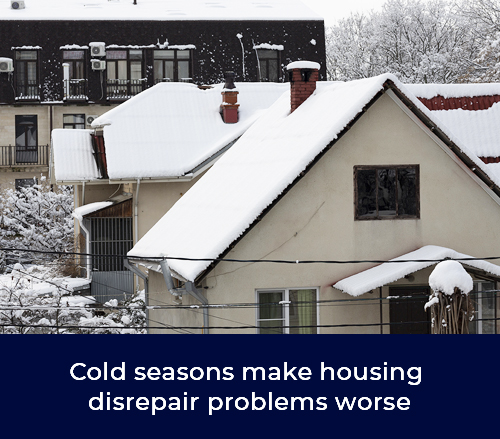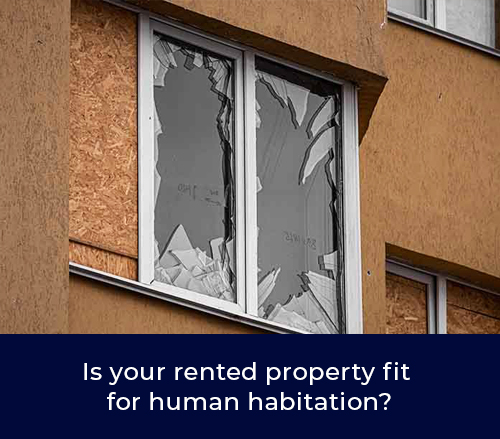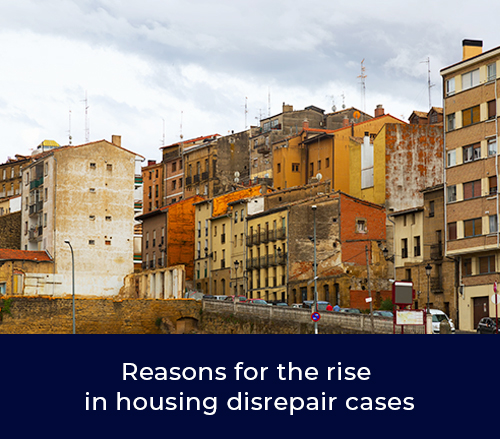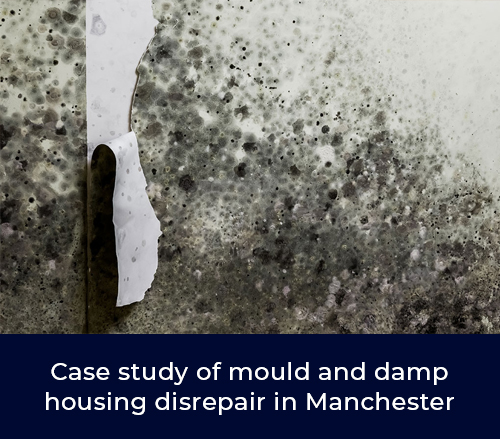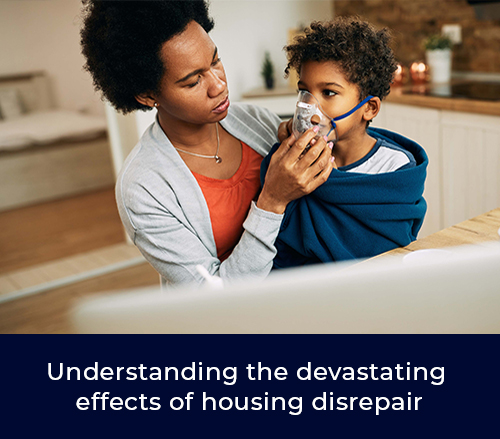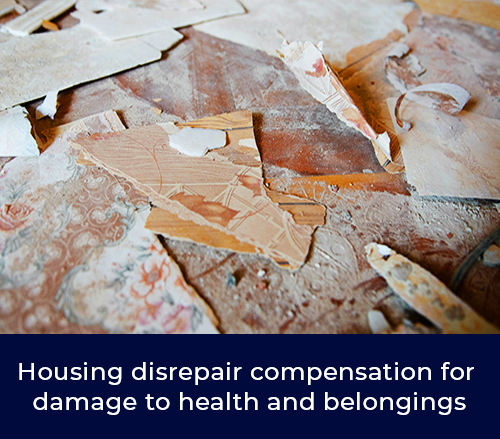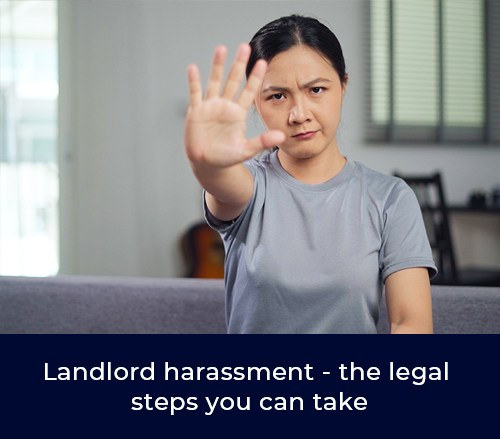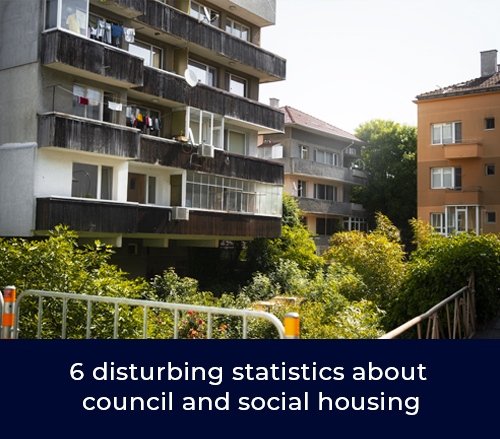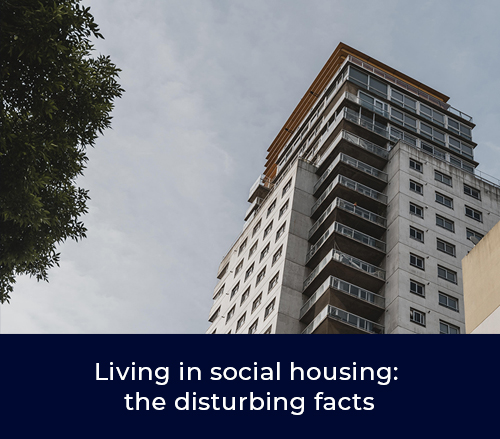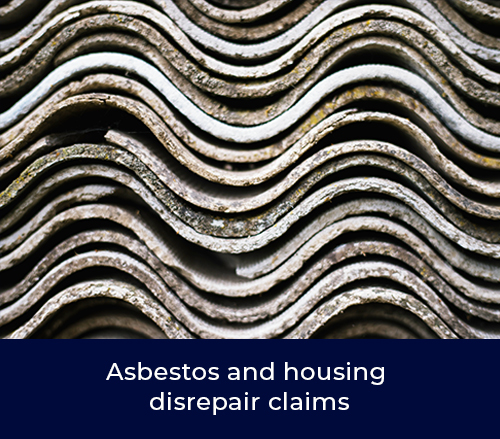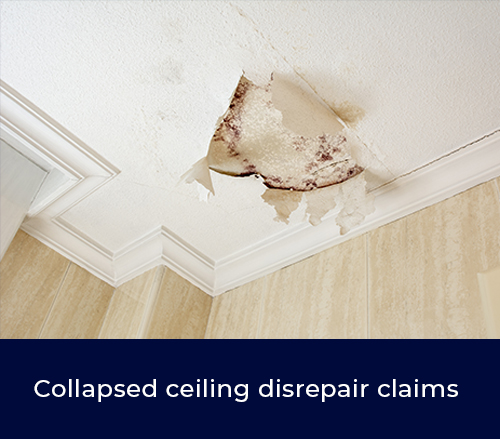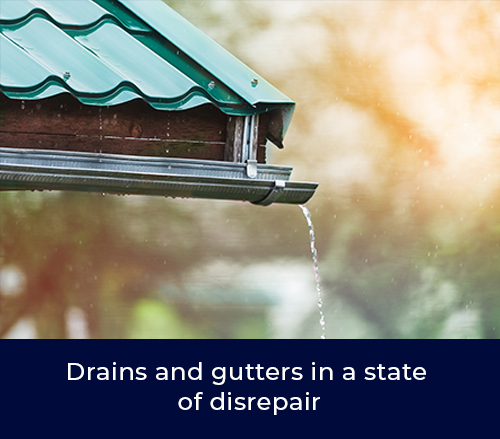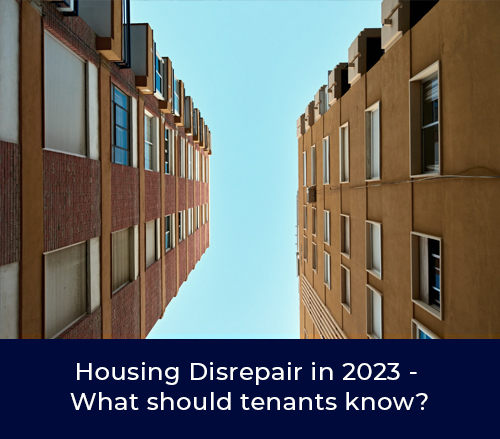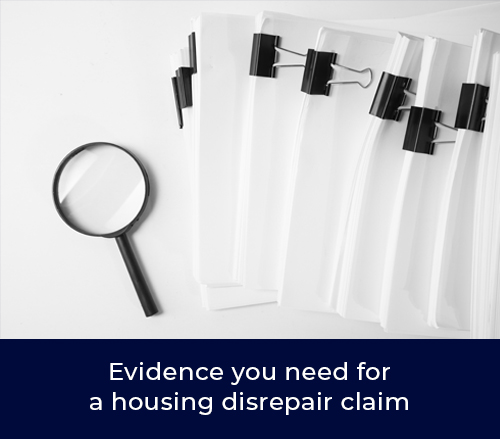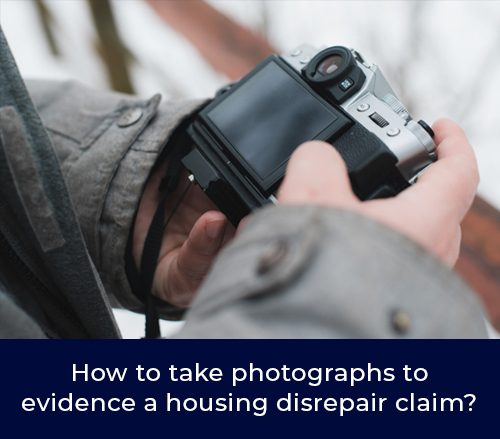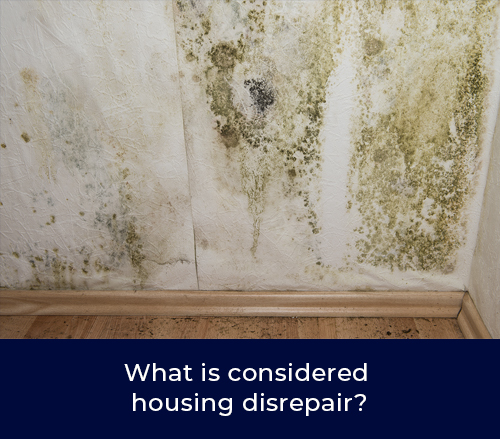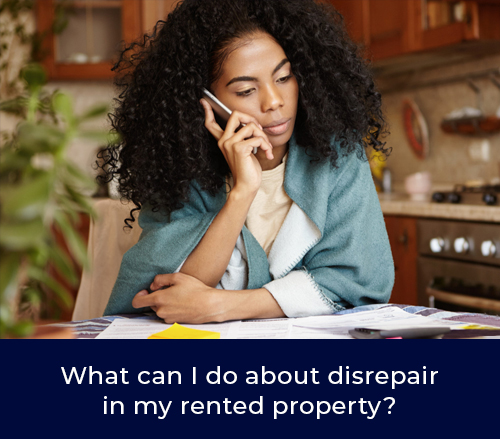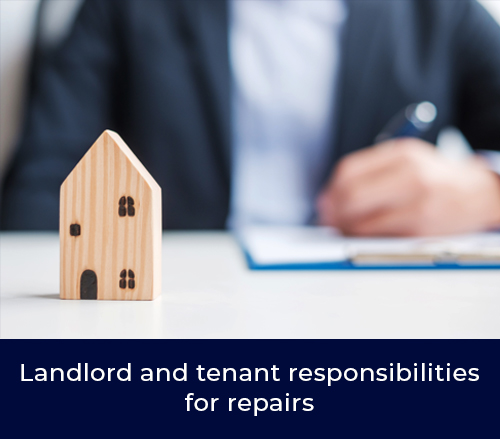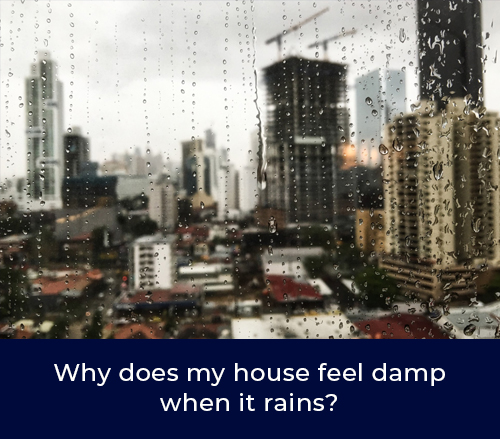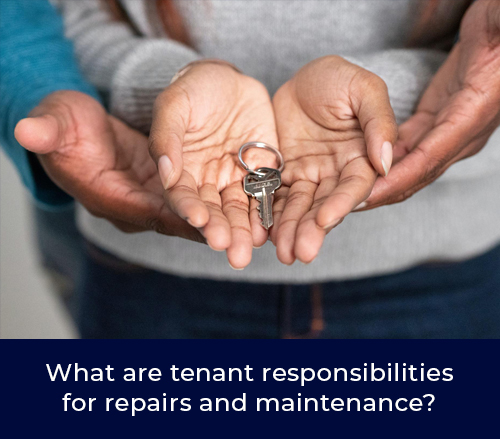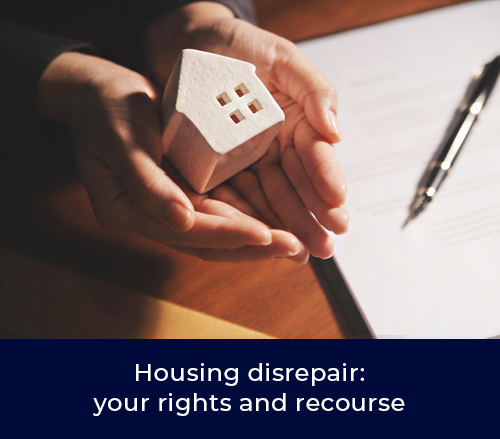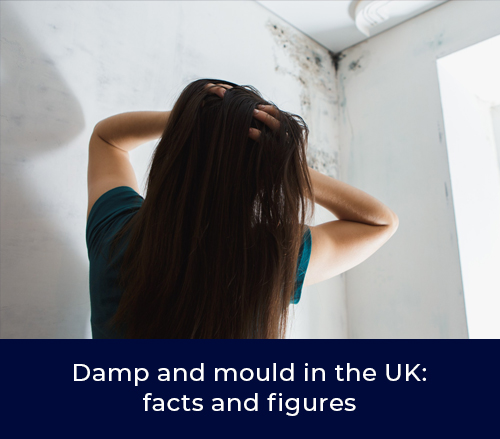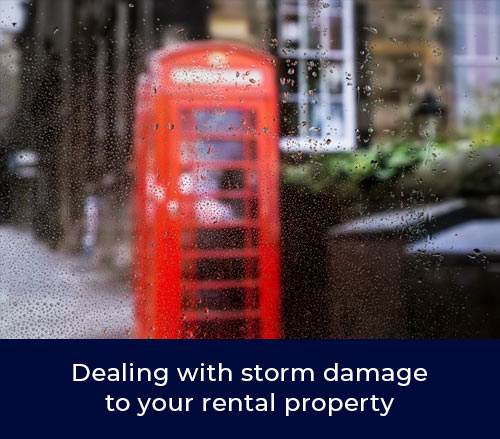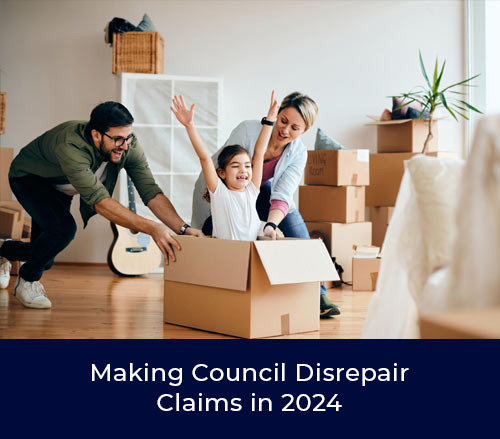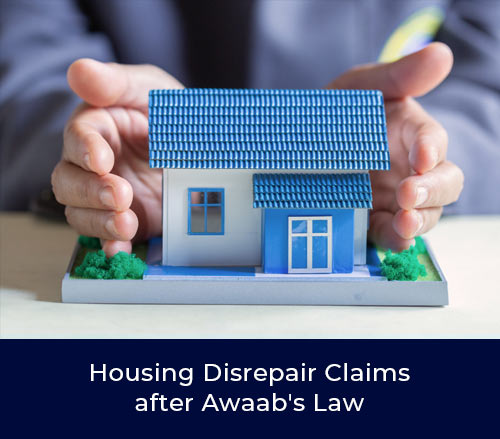What are tenant responsibilities for repairs and maintenance?
Lease agreements can be very complicated. It can be difficult to understand exactly what the tenant is responsible for and what the landlord should provide. While a lease agreement may stipulate many things, it often neglects to convey precisely what is expected of the tenant. Both the tenant and landlord should come to an understanding of their respective responsibilities. General wear and tear on a property is expected, but some tenants push things to the limit. Therefore, it’s important to inform the tenant about their responsibilities.
Understanding what “Tenant Like Manner” is
“The notion of ‘Tenant Like Manner’ dates back to a 1953 case in which a landlord and tenant had a misunderstanding about expectations. The exact quote from Lord Denning is as follows: ‘The tenant must take proper care of the premises. He must, if he is going away for the winter, turn off the water and empty the boiler; he must clean the chimneys when necessary and also the windows; he must mend the electric light when it fuses; he must unstop the sink when it is blocked by his waste. In short, he must do the little jobs around the place which a reasonable tenant would do. In addition, he must not, of course, damage the house willfully or negligently… but apart from such things, if the house falls into disrepair through fair wear and tear or lapse of time or for any reason not caused by him, the tenant is not liable to repair it.‘
Essentially, this quote is designed to distinguish regular property maintenance from what is expected of the tenant. In our modern age, we do require a bit more information to ensure that both the tenant and landlord properly maintain a property.
Modern interpretation of “Tenant Like Manner”
Chimneys and other aspects of the traditional ‘Tenant Like Manner’ are outdated. Most homes no longer have wood-burning fireplaces as their primary heating source, and modern homes are equipped with far more appliances than were available in 1953. Therefore, we must allow the concept of ‘Tenant Like Manner‘ to evolve with the times.
Today, the responsibilities of tenants have undoubtedly changed, and include the following:
- Unclogging sinks
- Changing lightbulbs in appliances and lighting fixtures
- Using correct materials in the dishwasher to prevent damage
- Maintaining windows and keeping the property clean both inside and outside
- Repressurising boilers and bleeding radiators when necessary
- Replacing batteries in smoke and carbon monoxide detectors
- Keeping windows condensation-free to prevent mould and mildew damage
- Ensuring the property is pest-free inside and out
- Regular garden maintenance (mowing, sweeping leaves, weeding)
- Properly securing the property
These tasks can typically be accomplished by most tenants without the need to hire a professional. Maintaining this list will keep the property up and avoid too much wear and tear.
Difference between wear and tear and damage
The distinctions between actual damage and mere wear and tear become apparent when you know what to look for. However, not all landlords and tenants understand these differences. For the tenant-landlord relationship to be effective, both parties need to understand these distinctions.
What is General Wear and Tear?
Life happens, and homes are meant to be lived in, so you can expect certain natural occurrences. Issues such as scuffs on floors and walls are likely to happen, depending on the amount of foot traffic the home experiences. Over the course of the lease, carpet and paint colours will naturally fade, and the extent of these small changes will vary based on the length of the lease agreement. The longer the tenant resides in the home, the more wear and tear you can anticipate. Long-term tenants can gradually wear out appliances or furniture through everyday use. It’s important to note that these issues certainly do not constitute damage to the owner’s property.
What constitutes actual damage?
Damage is different than general wear and tear. Damage occurs when a tenant completely disregards the condition of the home. Holes in walls, animal faces or urine throughout the residence, ripped-up flooring, or deliberately broken equipment all classify as damage. Such instances are deliberate acts and are the responsibility of the tenant to repair, rather than the landlord.
Reporting of issues
Damage can occur that is not the fault of a tenant and should be reported to the landlord as soon as possible. These are issues beyond the control of the tenant, such as a busted water pipe. They should be promptly reported to the landlord, and the landlord has no right to evict based on damage that is beyond the tenant’s control, especially when the tenant is diligently abiding by the property’s maintenance rules.
Landlord responsibilities
- Ensuring the Structure Remains Secure (Foundation, Roof, External Doors, Gutters, Windows)
- Maintaining Pipework for Both Water and Gas
- Maintaining Electrical Wiring for Major Appliances to Prevent Potential Fires
- Maintaining Furnishings Originally Supplied by the Landlord
The bottom line is that a tenant should appropriately maintain the property, while a landlord should ensure the property is in optimal liveable condition. A tenant is expected to return the property in its original, good condition, including but not limited to cleaning the property before vacating, patching holes, and repairing any damage not classified as general wear and tear. Effective communication between the tenant and landlord is essential to ensure the property remains in the desired state.
How SilverOak Solicitors can assist you
The tenant/landlord relationship can be a difficult one, but with the help of Silver Oak Solicitors, you can ensure your property remains in good order. We can assist in communication and any legal issues that arise during the time you are leasing your property. You cannot do it all on your own, so let Silver Oak Solicitors use our expertise in tenant law to make all your lease agreements and tenant/landlord relationships easier than ever before.
Get in touch with one of our disrepair experts
Use the online chat on our website
Call us on 020 8578 7778
E-mail us contact@silveroaksolicitors.com
Visit us at our office. We are open Monday-Friday 9am - 5.30pm
When you first contact us, we will ask for some initial details, including your contact information and the nature of your enquiry. You can be assured that everything you discuss with us will be completely confidential, and any information stored by us will be in accordance with UK data protection regulations.


